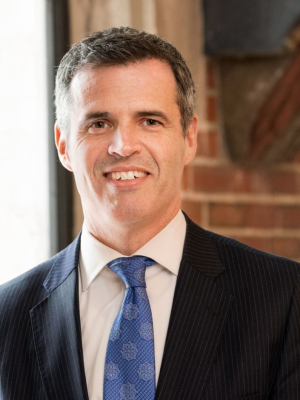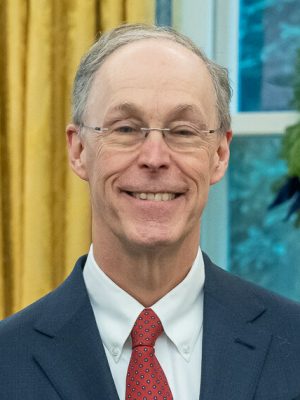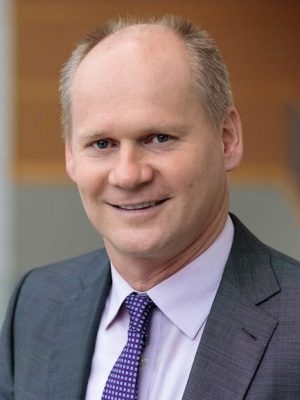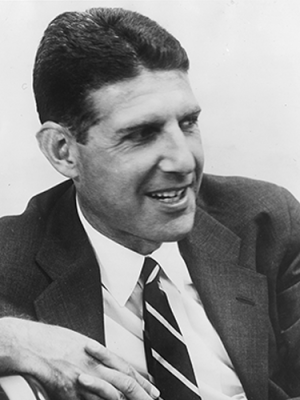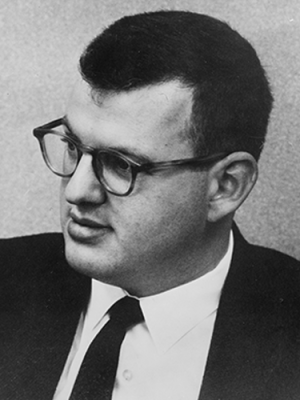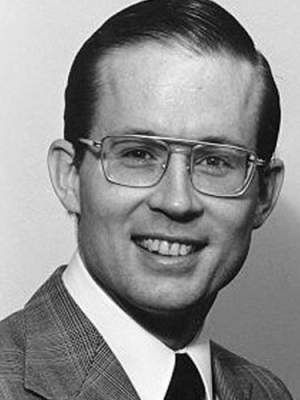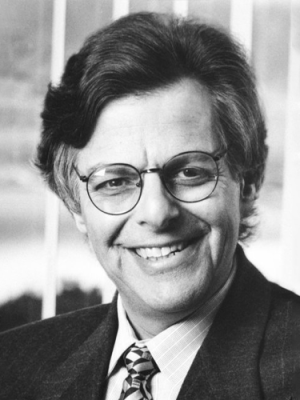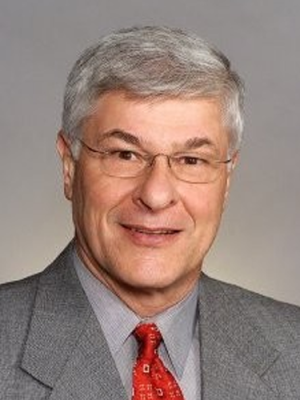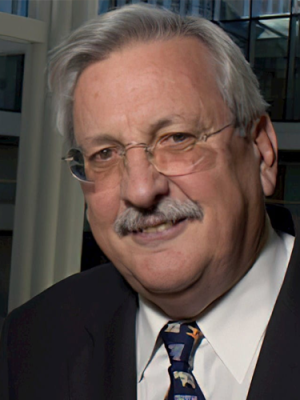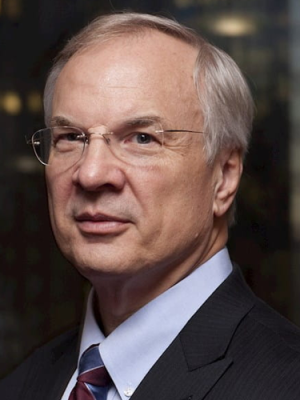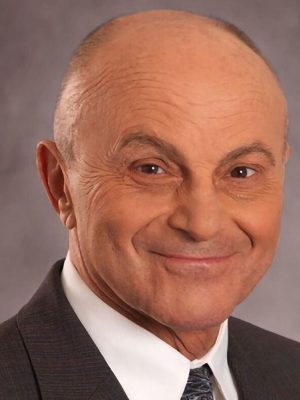- Home
- Market Indexes
- Overview
- Essentials
- Methodology
- Market Cap Indexes
- CRSP US Total Market Index
- CRSP US Mega Cap Index
- CRSP US Large Cap Index
- CRSP US Core Cap Index
- CRSP US Mid Cap Index
- CRSP US Small/Mid Cap Index
- CRSP US Total Market ex-Mega Cap Index
- CRSP US Small Cap Index
- CRSP US Small Cap ex-Real Estate Index
- CRSP US Small/Micro Cap Index
- CRSP US Micro Cap Index
- Value Indexes
- Growth Indexes
- Sector Indexes
- CRSP US Consumer Discretionary Index
- CRSP US Consumer Staples Index
- CRSP US Energy Index
- CRSP US Financials Index
- CRSP US Healthcare Index
- CRSP US Industrials Index
- CRSP US Materials Index
- CRSP US Media & Communications Index
- CRSP US Real Estate & REITs Index
- CRSP US Technology Index
- CRSP US Utilities Index
- ESG Indexes
- Research Data Products
- News & Updates
- About Us

